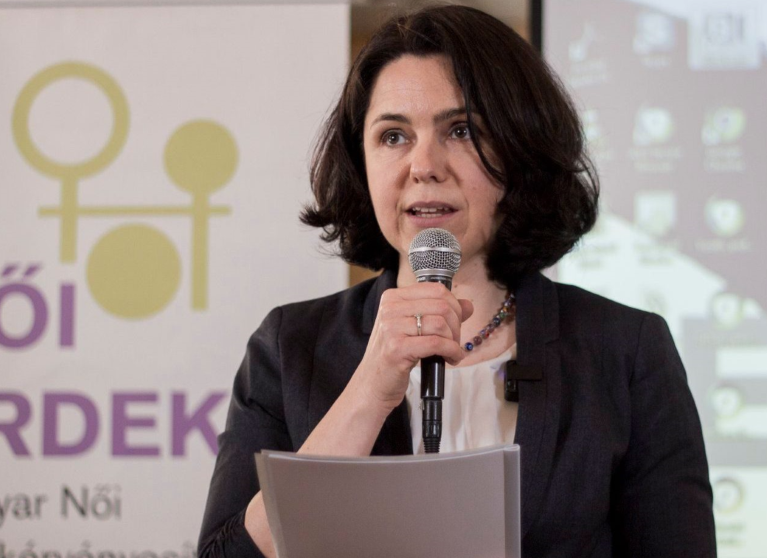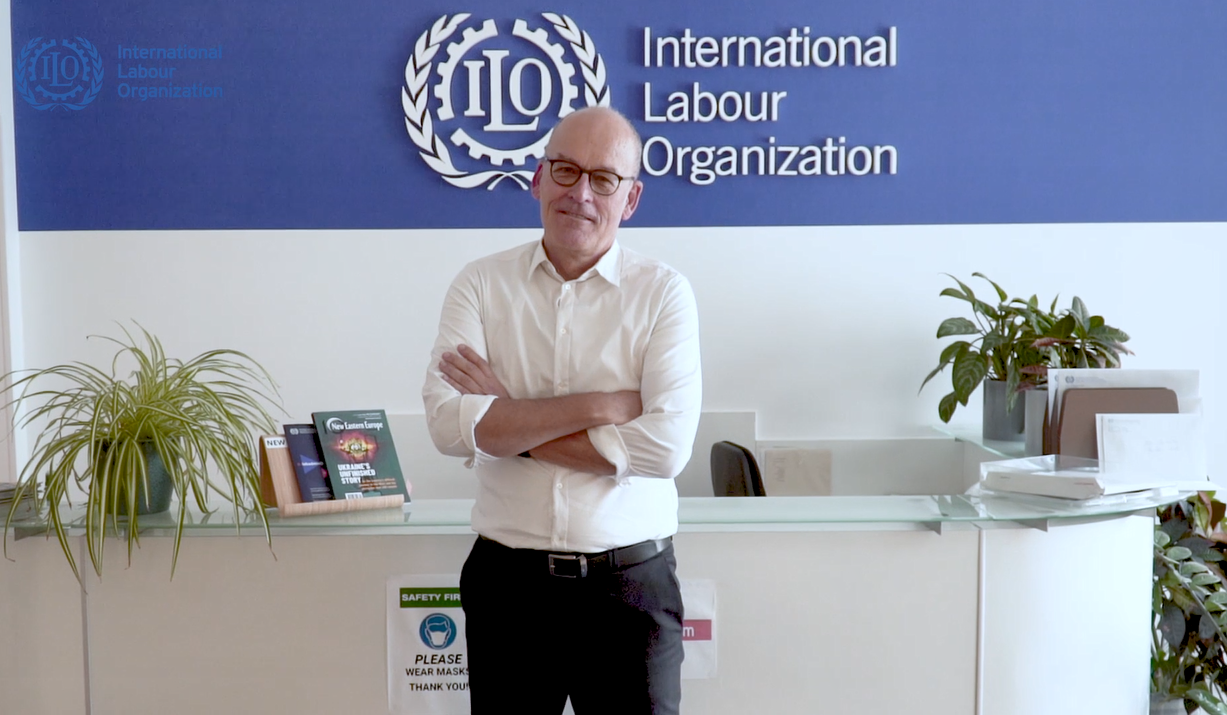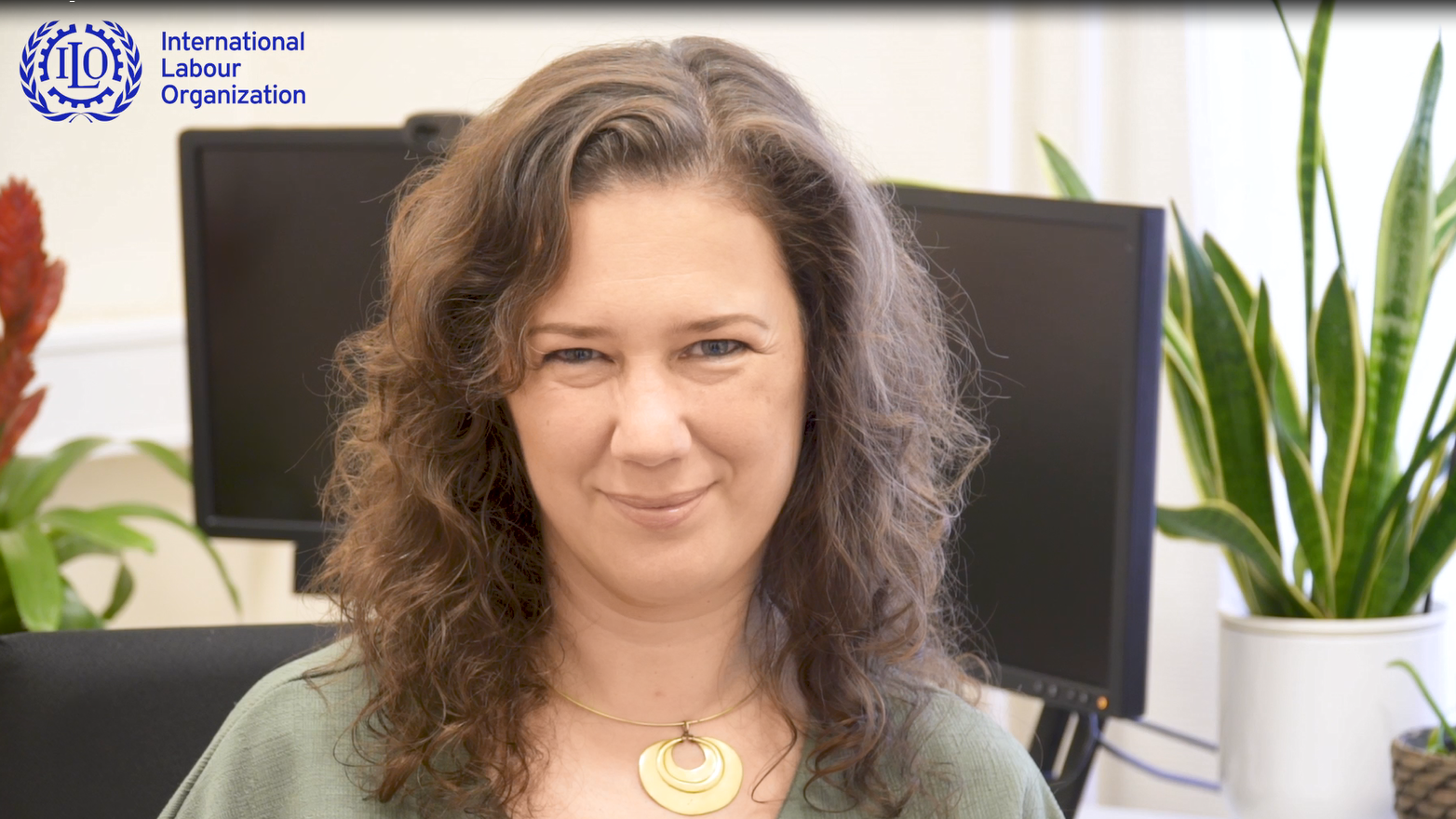Montenegro resources
-

© iStock/Ivan Pantic 2024
Workers’ education level for their jobs: is it a match in South East Europe?
29 October 2021
Many people are working in jobs that do not match their level of education. At the same time, many employers claim to have difficulties in finding workers with the skills that they need to expand their business and innovate successfully. This phenomenon points to a significant disconnect between the world of education and the world of work.
-

© ILO 2024
Youth Guarantee garners speed in the Western Balkans
14 October 2021
Inspired by similar schemes in the EU Member States, a youth guarantee is a commitment to support every young person under the age of 30 who is not employed, in education or training (so-called NEETs). This commitment entitles young people to receive a good quality offer of employment, traineeship, apprenticeship, or continued education and training within four months of leaving school or becoming unemployed.
-

Three essential questions to Aleksandar Ristovski, Professor of Labour Law, Skopje
21 September 2021
In the third issue of short interviews with important researchers and practitioners from Central and Eastern Europe on burning questions concerning labour and social policies, we talked to Aleksandar Ristovski, Professor of Labour Law at ‘Ss. Cyril and Methodius’ University in Skopje, North Macedonia. We asked him about the restriction of labour rights following the COVID-19 crisis, particularly those of the most vulnerable, and about how to guarantee labour rights as we are building back better.
-

ILO Budapest Newsletter 2021 September
16 September 2021
This issue reports on ILO response to the COVID-19 pandemic in the Central and Eastern European region. It introduces programme results and new projects, and features fresh publications and new staff. Videos with the Director and Technical Specialists of the Office guide viewers on what the ILO did to mitigate the pandemic crisis, and on the services it can offer.
-

© European Women's Lobby 2024
Three Essential Questions: Interview with Réka Sáfrány, President of European Women's Lobby
15 September 2021
This is the second issue of short interviews with important researchers and practitioners from Central and Eastern Europe on burning questions concerning labour and social policies. The interviewee this time is Réka Sáfrány, newly elected President of the European Women's Lobby. We asked her about women's labour participation in the region, why the pandemic hit women disproportionally and the most vulnerable within this group of workers.
-

MEET THE DIRECTOR: What has been the impact of the pandemic in the region?
15 September 2021
Markus Pilgrim, Director of the ILO Office for Central and Eastern Europe talks about the impact of COVID-19 pandemic on labour markets in the region, what the ILO has done to mitigate the impact and what the emerging trends are in employment. The pandemic led to a severe economic recession in the region, with about 8% of working hours lost in 2020, an equivalent of 10 million jobs. These losses translated into an increase in inactivity, many people dropping out of the labour market. The ILO CEE Office started to collect solid evidence on the impact of the pandemic in spring 2020, and produced assessment reports in four Western Balkan countries, which led to several policy changes in these countries. In addition, the office designed job and income protection measures, such as a cash transfer project for dismissed Albanian textile workers. The next big thing is the ongoing technological transformation, fair transition towards a digital and green economy, which means a major shift from traditional to new sectors and re-skilling.
-

World of Work in Montenegro: Paving the road to recovery
09 September 2021
The project will support the transformation of labour market and employment policy state institutions in order to promote effective labour market governance. The end beneficiaries of the project are working-age women and men who will benefit from better policy measures to support jobs and incomes during the crisis, especially women, young people, long-term unemployed, persons with disabilities, and employers.
-

MEET THE SPECIALISTS: Alessandra Molz, Skills
16 August 2021
Alessandra Molz, ILO Skills Specialist explains how she assists governments, worker and employer organizations in developing quality vocational education and training for young people, and lifelong learning opportunities for adult workers in Central and Eastern Europe. Her work includes skills needs anticipation, identifying skills mismatches, development of new methodologies, such as e-Learning and blended learning, and building bridges between employers and workers, or employers and education. The world of work is changing, young people and adults equally need new skills that prepare them for the future of work.
-

© AFP/Europress 2024
ITUC Global Rights Index for 2021 shows that COVID-19 impacted workers’ rights in Central and Eastern Europe
10 August 2021
The International Trade Union Confederation (ITUC) has released its yearly Global Rights Index for 2021. The report shows that the COVID-19 pandemic led to an increase in violations of workers’ rights across the globe. In Europe, the most frequently violated rights have been the rights to strike, to go for collective bargaining, and to establish and join a trade union. For Central and Eastern Europe, the index shows a mixed picture. While some countries increased workers’ access to rights, other countries moved in the opposite direction.
-

© ILO 2024
Meet the Specialists: Kenichi Hirose, Social protection
03 August 2021
Ken Hirose, Senior Technical Specialist for Social protection, Occupational Safety and Health, and Labour inspection shares how he assists ILO partners and constituents in improving the quality of work and safety of workers in Central and Eastern Europe. The challenges created by the COVID-19 pandemic at workplaces made ILO services in these areas sought after. In the post-pandemic period, extending social protection coverage to workers in non-standard forms of employment (part-time, undeclared, platform etc) will be a priority.